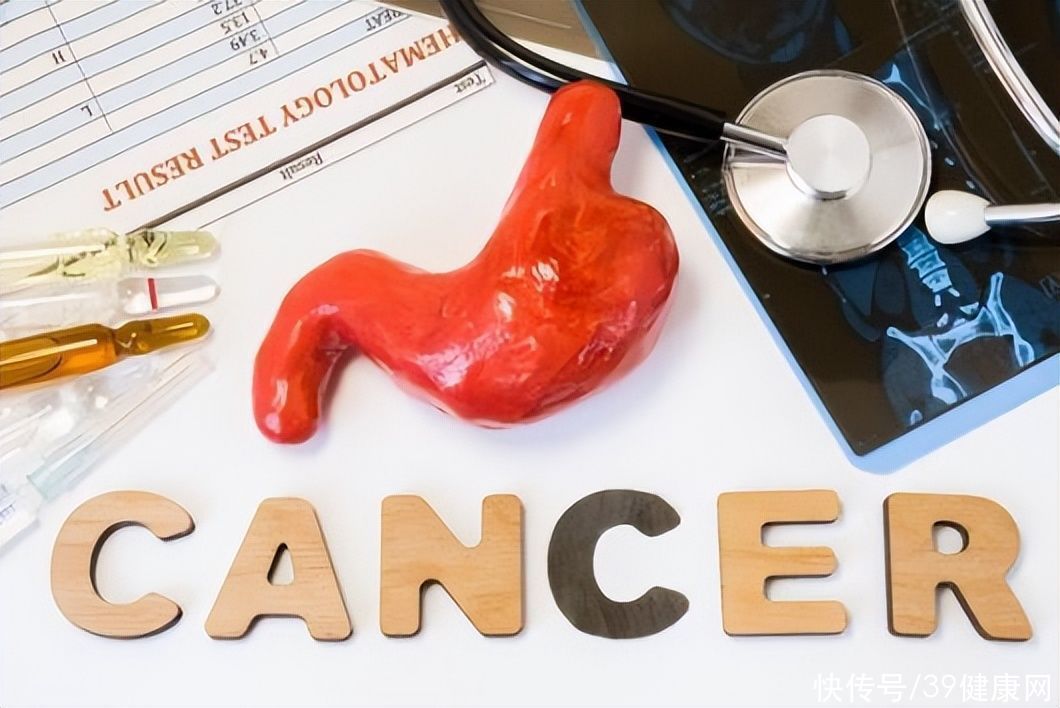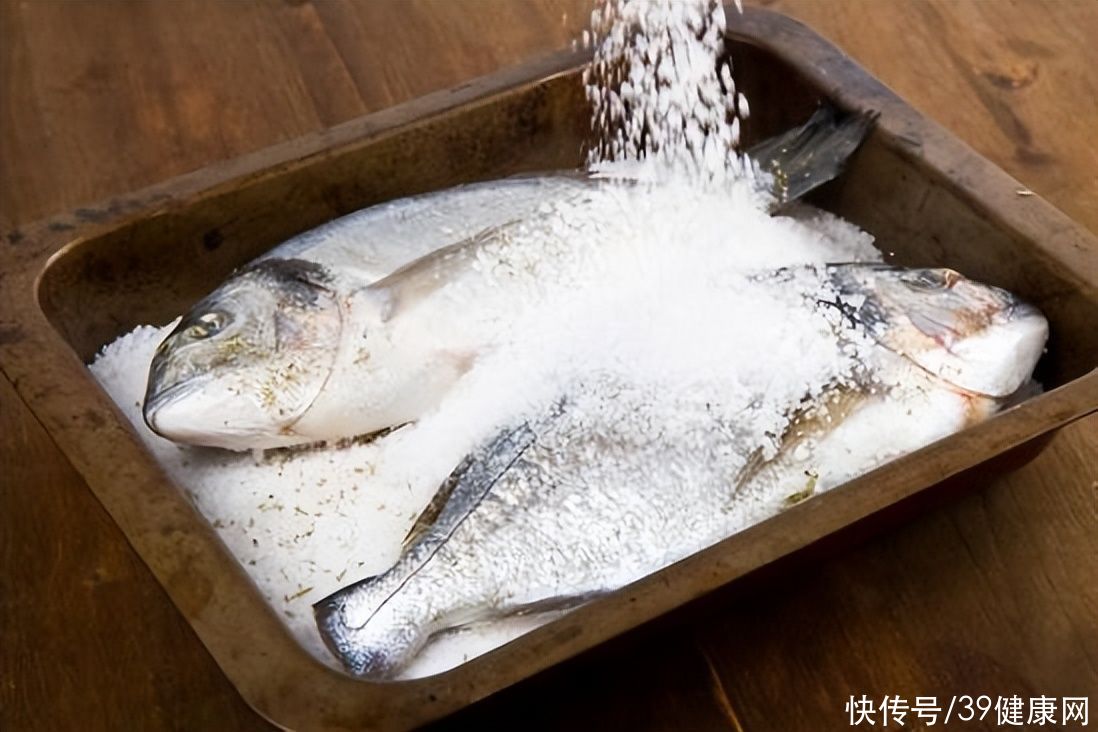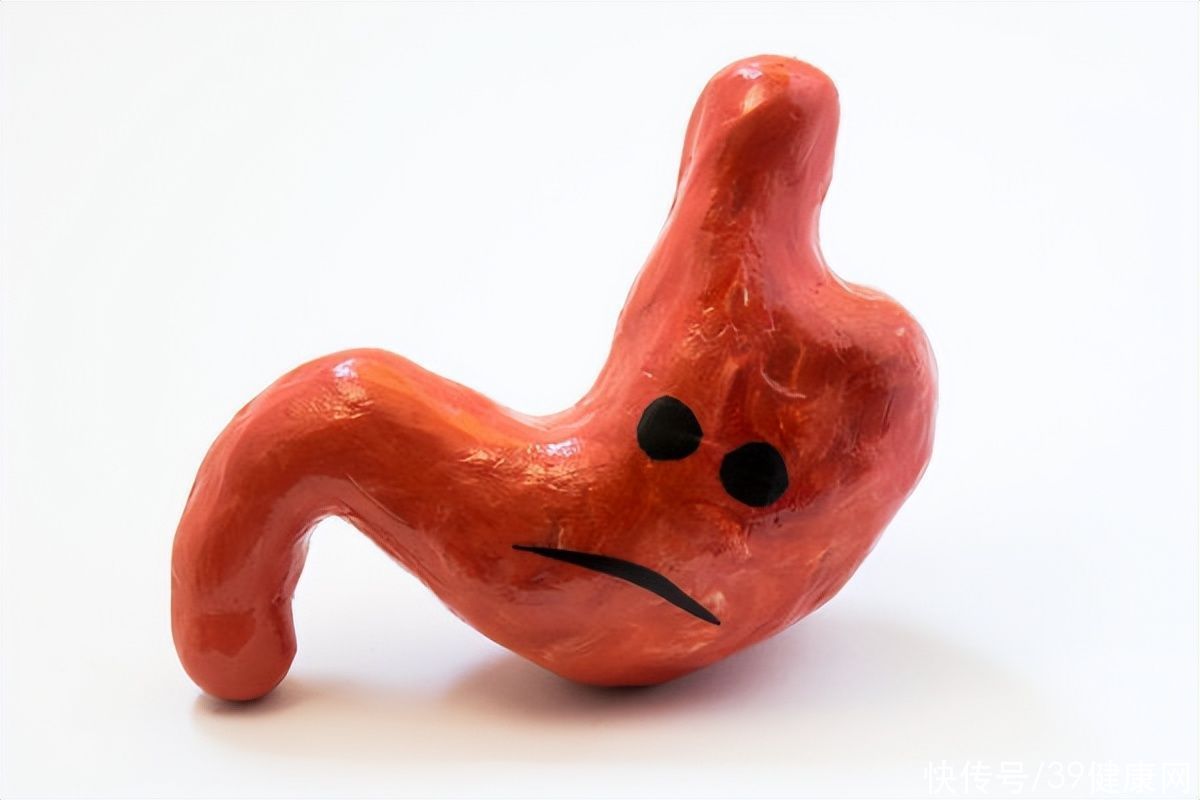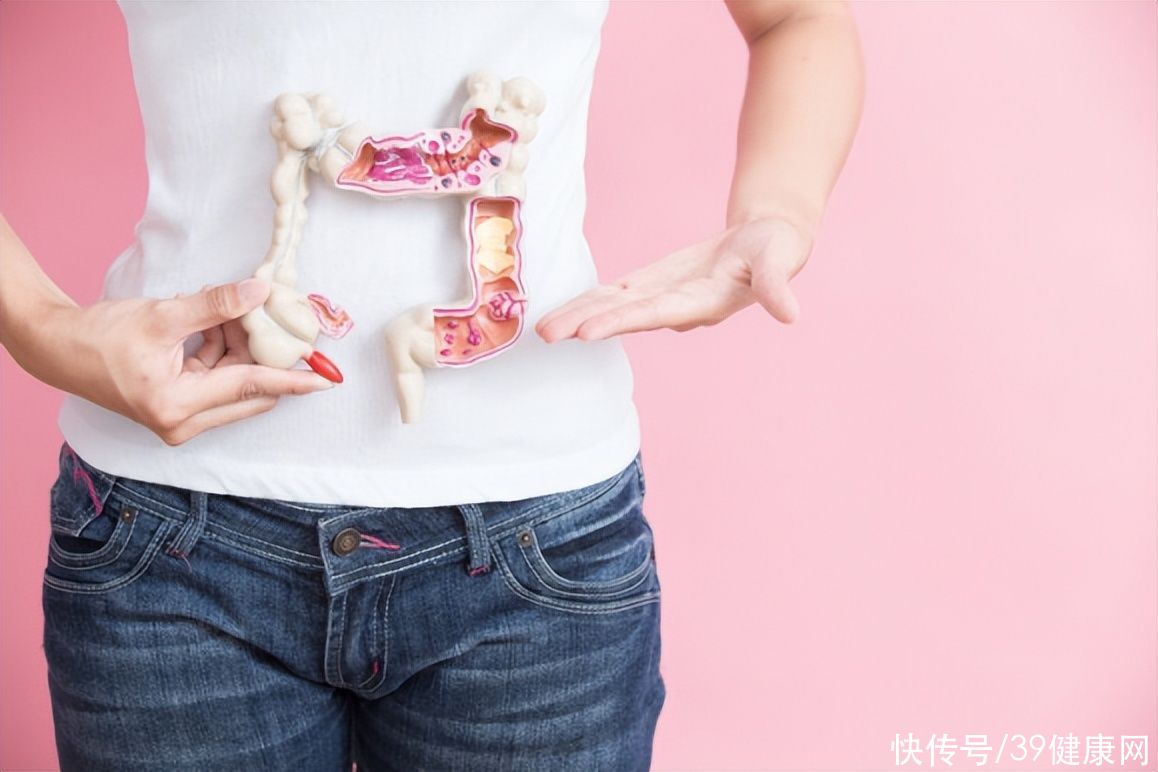Stomach cancer is one of the most common tumors in the world, but especially in China. China’s population accounts for 20% of the world’s population, but the incidence of gastric cancer accounts for 46.07%, with about 679,000 new cases each year, which is equivalent to nearly half of the world’s gastric cancer patients are in China[1]. Such a high incidence rate also sounded the alarm to us.

Why does gastric cancer prefer Chinese? These four habits are the bane
As a digestive tract tumor, the occurrence of gastric cancer is inseparable from diet, and Chinese-style eating habits are the main inducing factors of gastric cancer in Chinese.
1. Love to eat salt
In the past 40 years, the average salt intake of all age groups in China has continued to be more than 10 grams per day, with a high more than twice the normal recommended dose [2]. Pickled foods such as sauerkraut, pickled vegetables, salted fish, fermented bean curd, and various sauces that Chinese people love to eat are classic high-salt foods.
The high osmotic pressure of salt will stimulate the gastric mucosa, causing a series of lesions such as congestion, edema, erosion, and ulcers in the gastric mucosa, leading to gastritis and gastric ulcers, and increasing the risk of gastric cancer. Moreover, high-salt foods contain a large amount of nitrate, which is converted into nitrite by reducing bacteria in the stomach, and then combined with amines in food to form ammonium nitrite, which is highly carcinogenic.

2. Love to drink
Alcohol dissolves mucus and organisms The gastric mucosa is thinned, which weakens the protective barrier of the gastric mucosa, and gastric acid can corrode the gastric mucosa, resulting in gastric mucosal erosion or gastric ulcer and other related gastric diseases. Chinese people love to drink, but they are also more vulnerable to alcohol damage. Because of Asian-specific ALDH2 (Aldehyde Dehydrogenase 2) gene mutations, the ability of mutants to metabolize alcohol is reduced, and they are more likely to blush when drinking, even if they drink a small amount, It also increases the risk of gastric cancer [3].
3. Love to eat barbecue and hot pot
Chinese people are obsessed with “eat while it’s hot” in terms of diet, especially hot pot is a hot food. Hot food is easy to damage the gastric mucosa, leading to mucosal mutation and easy induction of gastric cancer. There is also barbecue. Food baked by charcoal fire is prone to produce substances such as benzopyrene and cyclic aromatic hydrocarbons, which are clear carcinogens. The left-hand hot pot, the right-hand barbecue, and the most numb and spicy food. Although the spicy and greasy food makes you addicted to your mouth, it is a multiple torture to the gastric mucosa. Especially for people who are not used to eating spicy food or who have not eaten spicy food for a long time, the gastric mucosa is more stimulated and prone to damage.

4. Common meal culture
Helicobacter pylori infection is The main cause of gastric cancer in my country, the infection rate is as high as 56%, that is, one out of every two Chinese people is infected [4]. This is mainly due to the food culture of Chinese-style shared meals, and the contact of saliva provides an excellent way for the spread of Helicobacter pylori.
WHO lists Helicobacter pylori as a first-level carcinogen. This bacterium lives on the gastric mucosa, not only absorbs nutrients from the stomach to maintain a living, but also releases a large number of toxins and inflammatory factors, causing gastric mucosal damage. Damaged inflammation is considered to be the main cause of chronic gastritis, peptic ulcer, gastric cancer and other diseases.
The unique Chinese eating habits have buried hidden dangers of gastric cancer, resulting in a high incidence of gastric cancer in my country. However, in addition to dietary habits, the public’s contempt for the treatment of gastrointestinal diseases and the weak awareness of the prevention and treatment of early gastric cancer are another important factor.

The gastric cancer of Chinese people is often dragged out. After using the medicine, the stomach does not hurt, and it does not have much effect on the body. Even if the symptoms come back and forth, it is only regarded as an “old stomach disease”, and it will be fine to take care of it, and there is no need to go to the hospital for diagnosis and treatment. As everyone knows, there are many patients with gastric cancer in the clinic, which are developed from gastrointestinal diseases, including chronic atrophic gastritis, gastric ulcer, etc.
Obviously, the key to prevention and treatment of stomach diseases and gastric cancer is to have a more “early” awareness of action, early detection, early diagnosis and early treatment.
Gastrointestinal tract diseases are discovered and treated in time to prevent gastric cancer from taking a chance
The common pathogenic basis of gastrointestinal tract diseases is gastric mucosal injury, and the early common symptoms The main manifestations are stomach pain, stomach acid, and stomach distention. When these signals appear, the patient must be vigilant, and should seek medical treatment and treatment in time. Because if it is allowed to develop, gastric mucosal cells will be repeatedly damaged, repaired, and divided, and the probability of gene mutation will be greatly increased. Moreover, suffering from gastrointestinal diseases for a long time will also reduce the body’s ability to digest and absorb food. Over time, the body’s immunity will decrease, and the body’s ability to screen cancer cells will become worse and worse, and the cancer rate will also increase in the later stage. promote.

Therefore, it is necessary to repair gastric mucosal damage in time, especially for chronic gastritis, bile reflux gastritis, duodenum Treatment of ulcers, gastric ulcers and other diseases, these diseases are manifested as mucosal damage caused by excessive release of acid to varying degrees. For this symptom, the current treatment drug is proton pump inhibitor (PPI), which achieves therapeutic effect by inhibiting gastric acid secretion. However, when using PPI, due to the slow onset time of acid suppressants, it takes 1 to 2 hours, and it has no effect on the excessive gastric acid that has been secreted. It is recommended to use PPI in combination with antacids aluminum magnesium carbonate, which can quickly neutralize Existing stomach acid, relieve symptoms such as acid reflux and heartburn. The combination of the two is more effective.
In addition to acid suppression and antacid therapy, the maintenance of gastric mucosa is equally important. Aluminum magnesium carbonate is also a gastric mucosal protective agent, which can form a protective film on the mucosal surface to resist gastric acid, gastricThe erosion of protease can lastingly protect the gastric mucosa, improve the healing quality of peptic ulcers, and reduce the recurrence of ulcers [5]. If necessary, you can follow the doctor’s advice or buy and use it under the guidance of a pharmacist.

In general, to prevent stomach cancer, we should always pay attention to stomach health, quit bad eating habits, and regularly Go for gastroscopy, especially for those at high risk of gastric cancer: those over 40 years old; those with Helicobacter pylori infection; those with gastric ulcers, chronic atrophic gastritis, pernicious anemia, post-operative remnant stomach and other gastric diseases; those with a family history of gastric cancer ; There are other risk factors for gastric cancer such as poor eating habits. Only by early prevention, early detection and early treatment can the threat of gastric cancer be greatly reduced.
References:
[1]Etemadi A,Safiri SSepanlou SGet al.The global, regional, and national burden of stomach cancer in 195countries,1990-2017: a systematic analysis for the Global Burden of Disease study 2017.The Lancet Gastroenterolog&Hepatology.2020;5(1):42-54.
[2]http://dx.doi.org/10.1161/JAHA. 119.012923
[3]Suzuki A, Katoh H, Komura D, et al. Defined lifestyle and germline factors predispose Asian populations to gastric cancer. Sci Adv. 2020;6(19):eaav9778. Published 2020 May 6. doi: 10.1126/sciadv.aav9778.
[4] Expert consensus on Helicobacter pylori eradication and gastric cancer prevention and control in China (2019, Shanghai) [J]. Chinese Journal of Digestion, 2019-04- 12.
[5] Wu Guirong, Lei Ruixiong, Li Lijuan, et al. Curative effect observation of aluminum magnesium carbonate in the treatment of bile reflux gastritis [J]. Chinese Medicine Guide, 2012(13):112-113 .